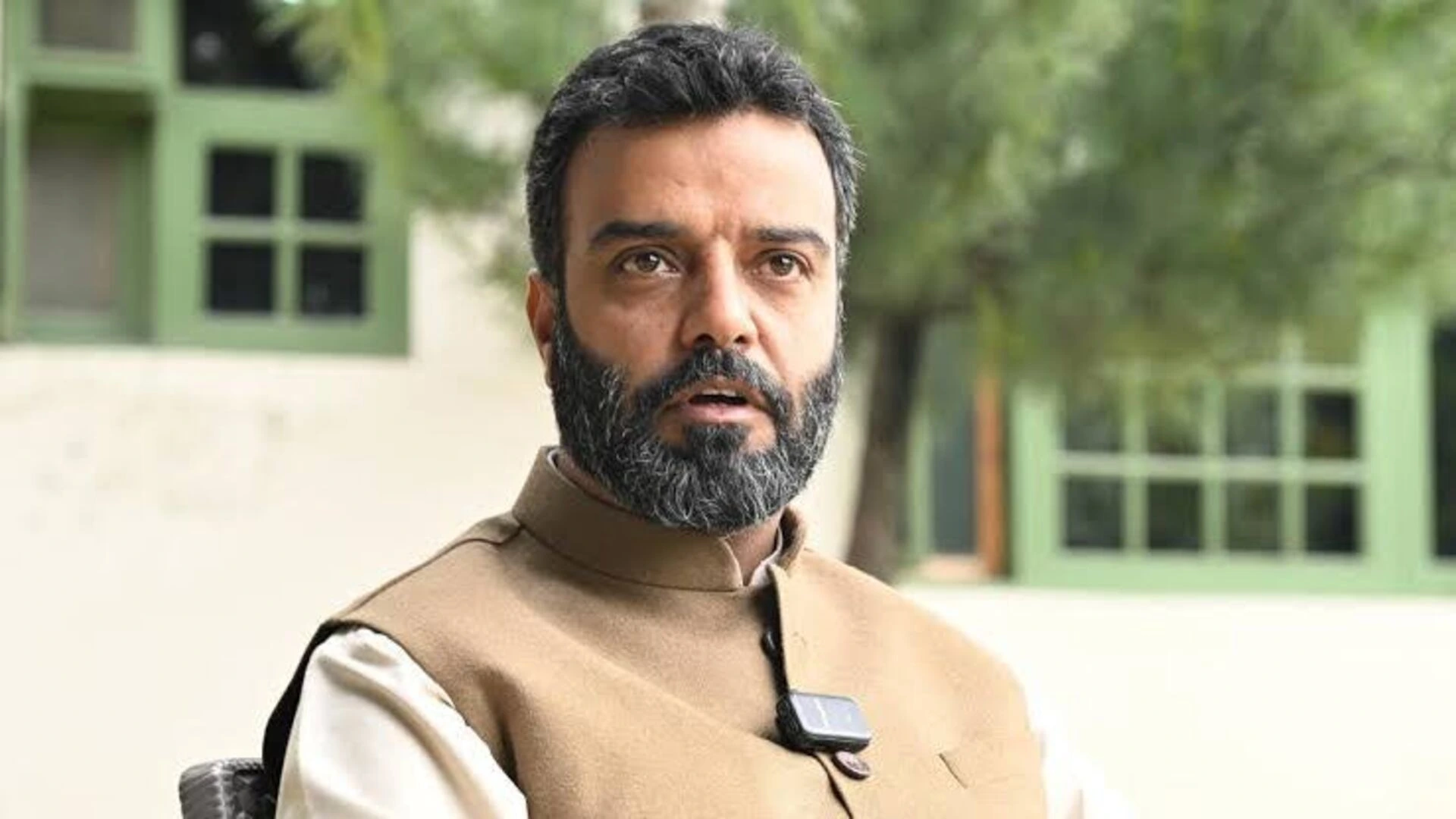The Supreme Court delivered a landmark verdict permitting sub-classification within the Scheduled Castes (SC) and Scheduled Tribes (ST) categories on Thursday. By a 6-1 majority, the court decided that states have the authority to implement sub-classification to allocate quotas for employment and educational admissions.
In a notable decision, the court overruled its 2004 judgment in the Chinnaiah case, which had previously disallowed sub-classification of SCs. The seven-judge bench, led by Chief Justice of India DY Chandrachud, declared that such sub-classification is permissible for providing separate quotas to those within the SC/ST categories who are further marginalized.
Chief Justice Chandrachud explained, “There are six opinions on this matter. A majority of us have decided to overturn the EV Chinnaiah ruling and affirm that sub-classification is allowed. Justice Bela Trivedi has expressed dissent. Members of the SC/ST communities often face systemic discrimination that hinders their advancement.”
The Supreme Court noted that historical evidence indicates that the depressed classes are not homogeneous, and social conditions reveal that the challenges faced by these groups are not uniform.
Chief Justice Chandrachud added, “The difficulties encountered by a class do not vanish with their representation in lower positions.”
Justice BR Gavai, who presented the concurring opinion, emphasized the need for policies to identify and exclude the “creamy layer” within the SC/ST categories from affirmative action measures. He argued, “This is the only way to achieve genuine equality.”
Justice Gavai also referenced Dr. B.R. Ambedkar’s 1949 speech, which stressed that social democracy is crucial for effective political democracy. He noted, “The court’s previous ruling in the Indira Sawhney case allowed for sub-classification in more backward classes. Similarly, if a state determines that a particular caste is underrepresented, it is the state’s responsibility to provide preferential treatment to more disadvantaged groups within the SC/ST categories.”
The bench was composed of Chief Justice Chandrachud, Justice Gavai, Justice Trivedi, Justice Vikram Nath, Justice Pankaj Mithal, Justice Manoj Mishra, and Justice Satish Chandra Sharma.







